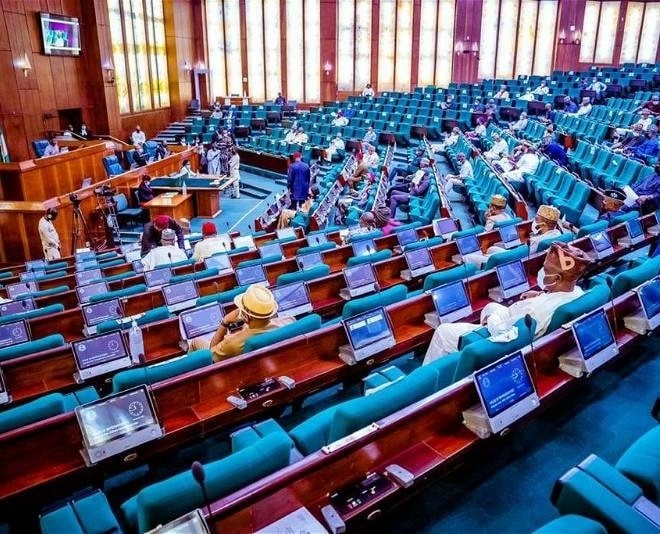The House of Representatives has passed through to second reading, a bill seeking to amend the Economic and Financial Crimes Commission (Establishment) Act, 2004, to guarantee greater institutional independence, operational efficiency and accountability of the anti-graft agency.
Sponsored by Hon. Yusuf Adamu Gagdi (APC, Plateau), the bill seeks to insulate the EFCC from political control and align its operations with global anti-corruption standards.
The bill also intends to reduce the President’s power to remove the EFCC chairman, which under the current Act can be done at his discretion for inability to discharge the functions of his office or for misconduct.
The piece of proposed legislation proposes that for the EFCC chairman to be removed, the action must get two-third approval of the House of Representatives and Senate.
It seeks to amend Section 3(2) of the EFCC Act 2004 which states that: “a member of the Commission may at any time be removed by the President for inability to discharge the functions of his office (whether arising from infirmity of mind or body or any other cause) or for misconduct or if the President is satisfied that it is not in the interest of the Commission or the interest of the public that the member should continue in office.”
In his lead debate at plenary on Thursday, Gagdi argued that the amendment aims to modernise the EFCC’s legal framework and ensure it effectively responds to the growing complexity of financial and economic crimes in Nigeria.
He said that since the EFCC Act was enacted in 2004, the scope of financial crimes has expanded to include cybercrime, cryptocurrency manipulation, illicit financial flows, terrorism financing and real estate-based money laundering.
“Yet, the EFCC operates under outdated provisions that do not adequately address these new realities. Furthermore, the existing Act does not provide sufficient guarantees for the independence of the Commission, exposing it to external influence and political interference,” the lawmaker said.
According to him, under the proposed amendment, the removal of the EFCC chairman would require the approval of two-thirds majority of both the Senate and the House of Representatives.
Gagdi said the proposed reforms would restore public confidence, enhance transparency, and ensure the EFCC operates as a professional and independent body responsive to modern realities.
“The bill presents a decisive step towards strengthening Nigerians anti-corruption framework. It seeks to ensure that EFCC operates as an independent, professional, and transparent institution that is responsive to modern financial crime realities.
“This amendment will not only ensure Nigeria’s global repetition, but also promote good governance, economic stability, and public confidence in the fight against corruption,” he added.





